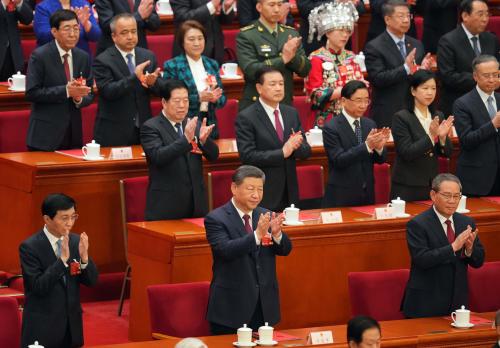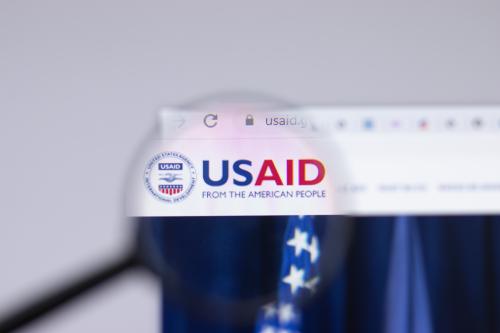

2:00 pm EDT - 3:30 pm EDT
Past Event
2:00 pm - 3:30 pm EDT
1775 Massachusetts Ave., NW
Washington, DC
While the future impact of rising powers such as Brazil, Russia, India and China is uncertain and the shifting political landscape in the Arab world is still playing out, the influence of these emerging nations is a central fact of geopolitics.
Already the global financial crisis, the Copenhagen climate negotiations, and the debate over Iran sanctions have illustrated the potential, the pitfalls, and above all the centrality of the relationship between American power and the influence of these rising actors and developing democracies.
In a new paper, Senior Fellow Bruce Jones, director of the Managing Global Order Project at Brookings, argues the greatest risk lies not in a single peer competitor but in the erosion of cooperation on issues vital to U.S. interests and a stable world order. U.S. power is indispensible for that purpose but not sufficient. No longer the CEO of Free World Inc., the United States is now the largest minority shareholder in Global Order LLC.
On March 15, the Brookings Institution and Foreign Policy magazine hosted the launch of Bruce Jones’s paper “Largest Minority Shareholder in Global Order LLC: The Changing Balance of Influence and U.S. Strategy.” Panelists explored the prospects for cooperation on global finance and transnational threats; the need for new investments in global economic and energy diplomacy; and the case for new crisis management tools to help de-escalate inevitable tensions with emerging powers.
Susan Glasser, editor in chief of Foreign Policy, moderated the discussion. After the presentations, panelists took audience questions.



Jonathan A. Czin
March 28, 2025

Jamie P. Horsley
March 28, 2025

Caren Grown, Fred Dews
March 21, 2025